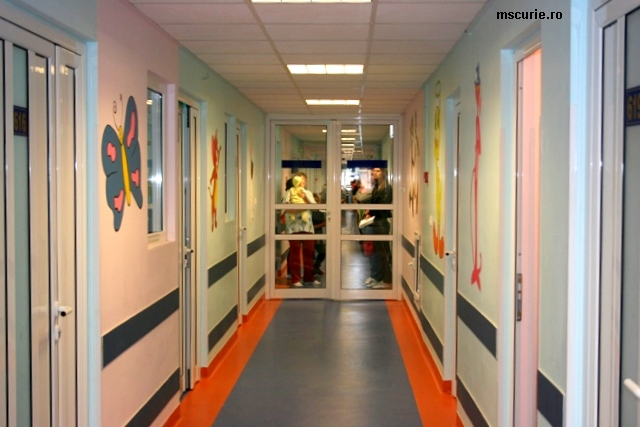A complex medical case
Government to start an inquiry into the cases of haemolytic uremic syndrome that developed in a number of children in Romania, some of whom have died as a result.

Daniela Budu, 17.02.2016, 14:05
Almost two weeks
after the first case of haemolytic uremic syndrome in new-born children was
reported in Arges county, southern Romania, the cause of the infection is still
unknown. Tests have eliminated as possible causes the water, formula milk and
fruit ingested by the sick children, whose age varies from 7 to 18 months.
Tests will continue on other food products of animal origin that might have
caused the infection.
Mihaela
Balgradean, the head of the nephrology department at the Marie Curie Hospital
in Bucharest, where some of the children are now being treated, says it will be
difficult to find the exact cause of the disease. She explained that the
haemolytic uremic syndrome consists of a period of incubation, followed by
diarrhoea, so the strain is hard to track down after all this time. Only its
toxin remains, which is responsible for the violent manifestation of the
disease. Balgradean also says that no trace of E-coli strain has been found in
the sick children that would explain their condition.
The president of
the Romanian Society of Microbiology, doctor Alexandru Rafila, also explains
why the infection could not be traced in the other children:
On the one
hand, too much time has elapsed between the onset of the infection and testing,
while on the other, some of the children have received antibiotic treatment,
which makes is impossible to trace the microorganism responsible.
Unfortunately, it is not always possible to identify the source of the
infection. Finding the source is the best solution, because we can then cut off
the route of transmission.
Doctor Alexandru
Rafila says the final results of the investigation are expected within the next
two weeks. He has also emphasised that to prevent such situations from ever
happening again, hospitals must report suspicious cases as soon as possible and
cooperate with public health services. The situation is complicated even for
the infants who have survived the infection and are soon to be released from
hospital. They will have to be monitored for at least another year. Doctors say
there is a chance they may develop some form of kidney failure in the future.
The good news is
that no new cases have been reported in recent days. The National Public Health
Institute has contacted the European Centre for Disease Prevention and Control
and a group of experts may come to Romania to assist in the efforts to find the
cause of infection.






























